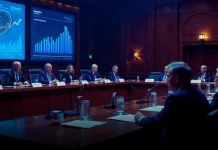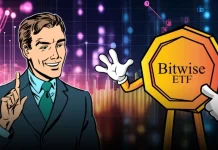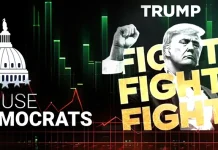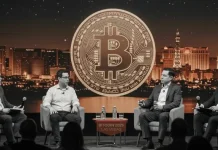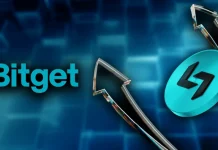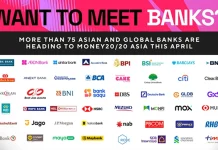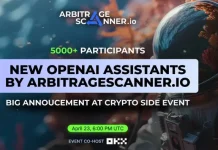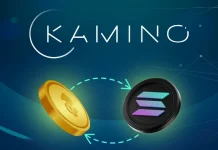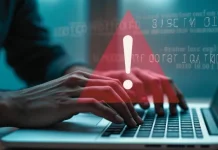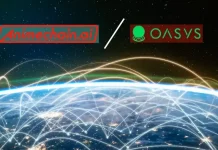
Blockchain Governance is gaining traction for all the right reasons, one can assume. That brings the participation of community members into the picture, facilitates their views, and grows collectively – ensuring that every architecture on the innovation is housed for scalability.
Zeta Markets recognized this and launched Token Z. The Oil and gas sphere in the US has joined hands to explore the utility of blockchain technology. Cardano has announced upgrades that strengthen its governance.
Decentralized governance takes off: Zeta Markets launches token Z
Token Z has entered the market with a commitment to bring two core aspects to the ecosystem—governance participation and reward for dedicated members. Z has been rolled out with a total supply of 1 billion, out of which 10% has been allocated to stakers and community members via airdrop. This enables members to express their views on keynotes about the Solana ecosystem at a broader level.
Active traders are slated to receive 50% of the initial distribution on top of stakers, who are eligible for 40% of the same portion. The development was first mentioned in a press release by Zeta Markets. It stated that launching token Z is in line with a broader strategy that includes the plan to have the first L2 solution of Solana.
Tristan Frizza, the Founder of Zeta Markets, said that the launch aligns with the community’s long-term interests, adding that they are excited to launch the token on grounds that have stood the test of time and facilitated over a billion transactions.
US consortium embraces blockchain governance for Oil & Gas
Blockchain technology is based on distributed ledgers, and the Oil & Gas companies are willing to express its implementation in the industry via the Offshore Operators Committee – OOC. Rebecca Hofmann, the Chairman of the Board of Directors, has called this a significant step in achieving several objectives. This includes reviewing blockchain standards, capabilities, and frameworks for the industry.
Its scope and objectives cover understanding the technology and reviewing pilots. Other objectives include exploring its implementation to reduce costs, improve safety, and reduce the number of otherwise registered disputes.
JD Franke, the Vice-Chairman of the Board of Directors, said they are eager to build a foundational network of business partners to explore the uses within the boundaries of finance, land, IT, and operations. The development will be supervised by the Board of Directors, which includes representatives from seven founding member companies – ConocoPhillips, Chevron, ExxonMobile, Equinor, Pioneer Natural Resources, Hess, and Repsol.
Cardano gears up for governance upgrades
Charles Hoskinson, the Co-Founder of Cardano, has announced two major upgrades for the Cardano ecosystem: Chang Hard Fork and Ouroboros Leios. Both are tentatively scheduled for the second half of 2024 or the year’s second quarter. The aim is to empower the community by strengthening its position in governance.
Chang Hard Fork, for one, has been crafted to empower the holders of the ADA with voting rights. This will enable them to have a say on proposals that are brought to the table. It marks an advancement in the decentralization nature of the network. Ouroboros Leios has been drafted to improve the scalability and efficiency of transactions.
Hoskinson acknowledged these updates, calling them the biggest step forward in solving the blockchain trilemma. Charles also acknowledged the dunking on Cardano, mentioning that it only makes him smile since they already have the best path to scalability, innovation, and governance.
The future of blockchain: Collaboration and decentralization decision-making
All three events signal a rise in collaboration and decision-making driven by the community. Cardano and Zeta Markets are strengthening their community via token Z. Oil & Gas companies are collectively exploring the use cases of decentralization as a technology. It is only right to conclude that decentralization governance has all the cards for operations in the future.
Conclusion
Blockchain governance offers an easy way to manage and operate a decentralized network. The technology is still evolving, with core players and associates exploring the best way to leverage its capabilities.
